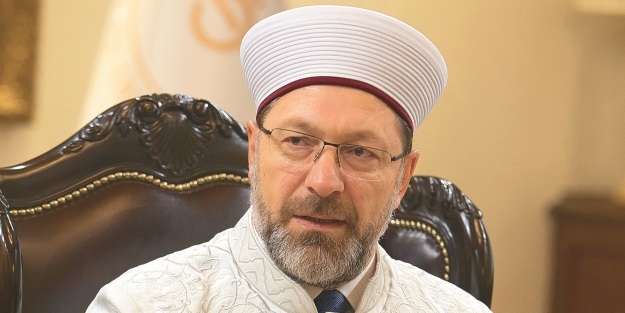Belgian media is reporting that a government committee responsible for monitoring Belgium’s police security and intelligence agencies has recommended that surveillance of the Muslim Brotherhood in Belgium be improved. According to a Brussels Times report:
The Comité R responsible to monitor Belgium’s various police, security and intelligence agencies, published its report earlier in the week outlining a series of recommendations to improve the surveillance of the activities of The Muslim Brotherhood in Belgium. The main conclusions of the report point to a lack of cooperation between the country’s intelligence and security agencies Belga News Agency reports. These include the General Intelligence and Security Service (GISS) which is the Belgian military service under the responsibility of the Defence Ministry, the civilian Belgian State Security Service (VSSE), the various police agencies and OCAM, an independent centre which assess the terrorist and extremist threat in Belgium. “The investigation reveals a lack of cooperation between the intelligence services and their partners, which results in a lack of common definition of the phenomenon but also a lack of shared analysis of the threat level, which raises questions,” the Committee says. The government asked the Comité R (Standing Intelligence Agencies Review Committee) to investigate the Muslim Brotherhood’s presence in Belgium, and conduct a report following the debacle surrounding the nomination of Ihsane Haoach last year by the political green party Ecolo to parliament. The party member had to quickly resign after various direct and indirect links to the Muslim Brotherhood movement were revealed. According to the report, the movement which was founded in Egypt in 1928 is present in Belgium. The report specifies that there is no direct threat linked from the movement against any Belgian institution. However, the intelligence service (GISS) consider them to be a “danger”. As for the Belgian State Security Service (VSSE), the movement is even considered to constitute a “high priority threat in terms of extremism since their short-term strategy could create a climate of polarisation and segregation within Belgian society, and thus constitute a vector of radicalisation.”
Read the rest here.
In 2008, the GIOR senior editor published the first known public report on the Muslim Brotherhood in Belgium, a report which was generally ridiculed in Belgian media, with one journalist calling it “paranoid delirium.” However, following the 2015 terror attacks in Verviers, a Belgian city singled out in the report, Belgian and global media began to recognize the reality of what the 2008 report had identified. As noted in The Guardian at the time:
As long ago as 2008, US researchers from a group called 9/11 Finding Answers identified Verviers as a hotbed of radical Muslim Brotherhood and Hamas adherents.
In July 2021, the Global Influence Operations Report (GIOR) reported that Ihsane Haouach, appointed the country’s top gender equality commissioner, resigned before starting her term amid mounting criticism about her potential Muslim Brotherhood ties and controversial remarks she made on state neutrality. The GIOR report noted that according to an intelligence memovHaouach maintains “close contact” with the League of Muslims of Belgium (LMB), one of the main Muslim organizations in Belgium. The LMB was identified in the above referenced 2008 report as an umbrella organization representing the Muslim Brotherhood in Belgium.









COMMENTS
Comments are closed here.